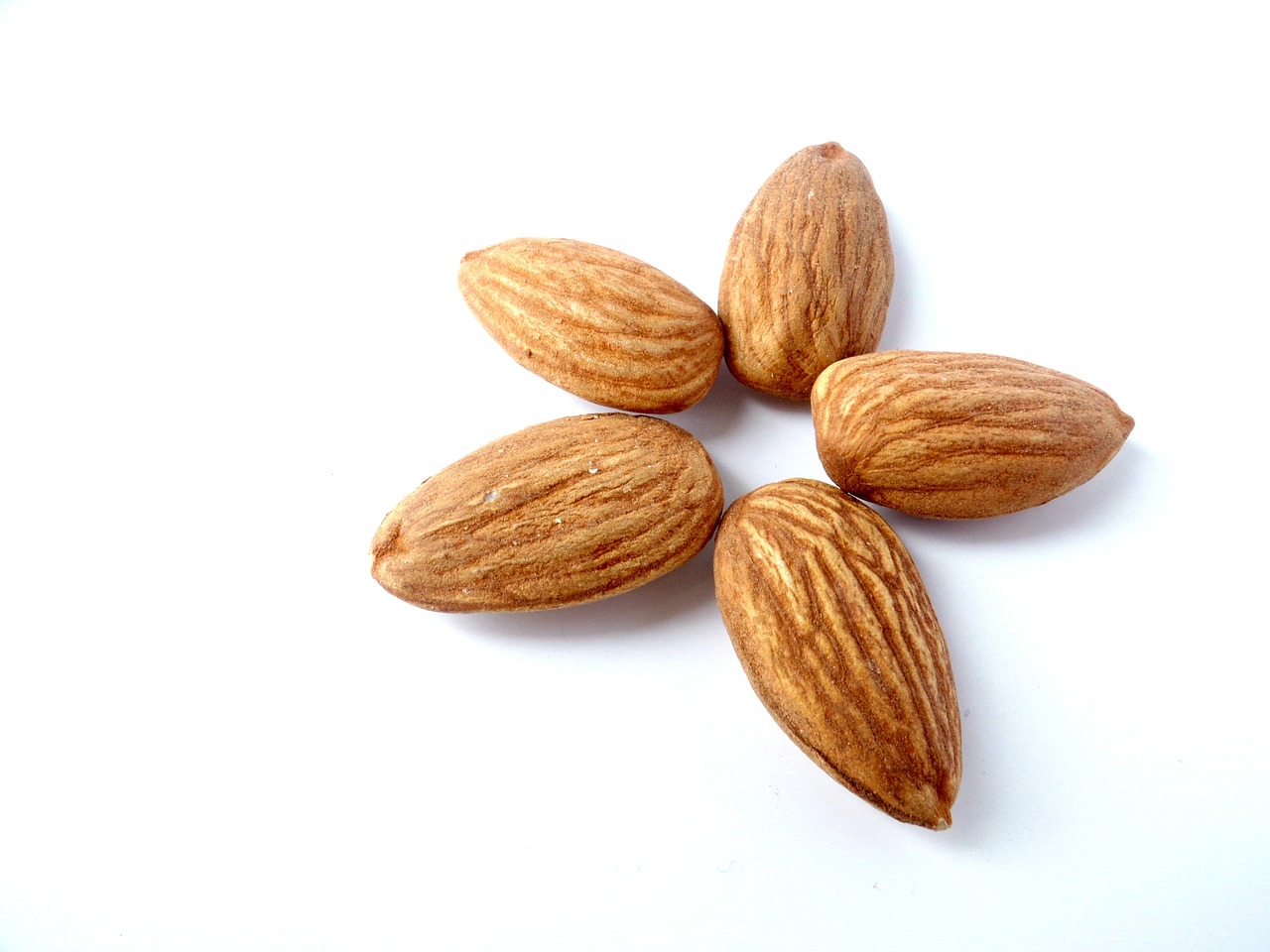Introduction:
Vitamin E is a powerful antioxidant that plays a vital role in maintaining overall health and protecting the body from oxidative damage. In this article, we will explore why vitamin E is important and highlight five foods that are excellent sources of this essential vitamin.
The Importance of Vitamin E:
Vitamin E is renowned for its antioxidant properties and numerous health benefits. Here are some key reasons why vitamin E is important:
1. Antioxidant Protection:
Vitamin E acts as a potent antioxidant, helping to neutralize harmful free radicals in the body. Antioxidants protect cells and tissues from oxidative stress and may contribute to the prevention of chronic diseases, such as heart disease, cancer, and age-related conditions.
2. Skin Health:
Vitamin E plays a crucial role in maintaining healthy skin. It helps to moisturize, repair, and protect the skin from environmental damage, promoting a youthful and vibrant appearance.
3. Immune Support:
Vitamin E supports the immune system by promoting the proper functioning of immune cells. It enhances immune response and helps the body defend against infections and diseases.
4. Eye Health:
Vitamin E has been associated with eye health and may help reduce the risk of age-related macular degeneration (AMD) and cataracts. It acts as a shield against oxidative damage in the eyes.
5. Heart Health:
Some studies suggest that vitamin E may have a protective effect on heart health. It may help prevent the oxidation of LDL cholesterol, reducing the risk of plaque formation in the arteries.
Top 5 Foods Rich in Vitamin E:
Including vitamin E-rich foods in your diet is an excellent way to ensure an adequate intake of this essential nutrient. Here are five foods that are excellent sources of vitamin E:
1. Almonds:
Almonds are a fantastic source of vitamin E. They can be enjoyed as a snack, added to salads, or used as a topping for various dishes.
2. Spinach:
This leafy green vegetable not only provides an array of nutrients but is also rich in vitamin E. Include spinach in salads, smoothies, stir-fries, or sauté it as a side dish.
3. Sunflower Seeds:
Sunflower seeds are packed with vitamin E and make for a delicious and nutritious snack. They can be enjoyed on their own, added to trail mixes, or sprinkled on top of salads.
4. Avocado:
Avocado is not only a creamy and nutritious fruit but also contains a good amount of vitamin E. Enjoy it sliced on toast, in salads, or as a base for dips and spreads.
5. Wheat Germ:
Wheat germ is the nutrient-rich core of the wheat kernel and is a concentrated source of vitamin E. It can be added to smoothies, oatmeal, or used as a topping for yogurt or cereal.
Conclusion:
Vitamin E plays a critical role in protecting the body from oxidative damage, supporting skin health, boosting the immune system, promoting eye health, and potentially benefiting heart health. By incorporating vitamin E-rich foods such as almonds, spinach, sunflower seeds, avocado, and wheat germ into your diet, you can ensure an adequate intake of this essential nutrient. As always, it is recommended to consult with a healthcare professional or registered dietitian to determine your specific nutritional needs.
References:
1. Oregon State University. (n.d.). Vitamin E. Retrieved from https://lpi.oregonstate.edu/mic/vitamins/vitamin-E
2. National Institutes of Health. (2021). Vitamin E. Retrieved from https://ods.od.nih.gov/factsheets/VitaminE-HealthProfessional/










